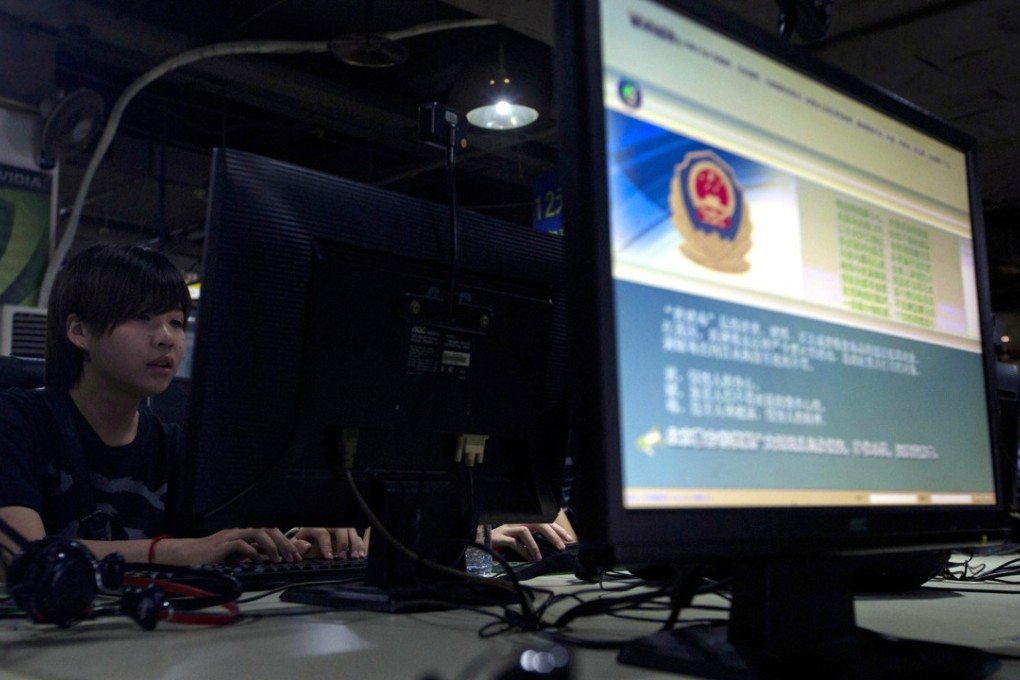From newbies to live-streamers, why cheating in online games is huge in China
Cheating is particularly prominent in China’s gaming cafes, the preferred playing venue for many gamers due to the availability of specialised hardware that enhances the playing experience

The players who make up the world’s largest gaming market may soon face a moral dilemma: play fair and risk losing, or cheat to guarantee a win.
Since last year, cheating has been rampant on PUBG, which is available on Steam, a US-based gaming site that is currently accessible in China. In October last year BattlEye, the anti-cheating service that PUBG developer Bluehole uses, said it banned between 6,000 and 13,000 different accounts per day, including nearly 20,000 accounts banned within 24 hours on October 13 – with “most” of these from China.
Separately, if cheating isn’t stamped out it could lead to an increase in hacking. According to a report by Gamma Data Corporation, a Beijing-based research firm, 50.3 per cent of gamers said they had been hacked or had been sold plug-in solutions last year.